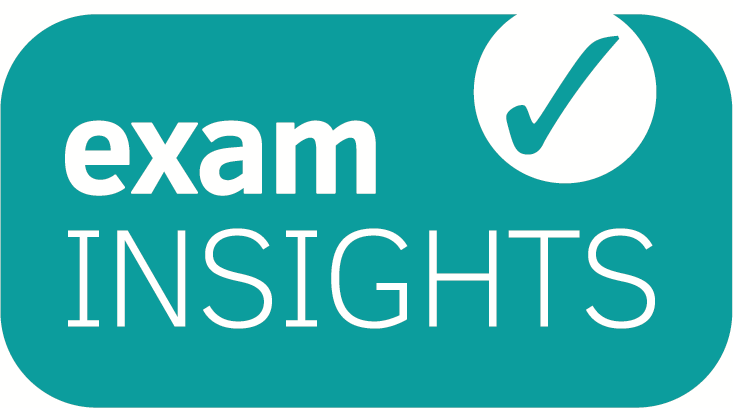By Rebecca Nobes
The examiners’ reports are a really useful way to pick up on areas to develop in the coming year. Here are my main takeaways from this year’s reports:
Paper 1: listening, reading and writing
Summary task
This was by far the biggest area of weakness. The main things for students to note seem to be:
- Practice changing verbs from first to third person.
- Count the amount of words carefully and don’t go over the word limit.
- There is no need to find synonyms for individual words or phrases in the text: this often results in lack of clarity.
- Remember the importance of accents.
Translation
This was also a big challenge. Students should be reminded not to paraphrase, to think really carefully about what grammatical knowledge they are being tested on and to really exploit the preceding paragraph.
- Independent reading and listening for building vocabulary knowledge. It’s all well and good telling students to do this, but often they will need structure and guidance to do this well. It’s something that class time alone won’t fix and so is a habit we really need to build.
Precision
Untargetted lifting from the preceding paragraph or writing too much will cause students to lose marks. They must give just the right amount of detail to answer the exact question they are asked.
Paper 2: writing
When it comes to paper 2, clearly this article cannot provide points on every essay title available. Instead I have summarised the general advice that came up:
- Clear, detailed planning in the target language lead to more successful essays. In these cases students had really considered the title, annotated it and understood exactly what it was asking. These students were best prepared to start their essays.
- Thorough knowledge of the set text or film is key: from the character names (yes, some students got these wrong) to the key themes to the camera angles and other techniques. Students who had real in-depth knowledge of the work could give appropriate evidence for whatever question they were asked. They gave accurate and detailed evidence and explained their points.
- Be precise and concise. There is no need to go far over the 300 word suggestion.
- Don’t tell the story of the text or film; make sure the essay is making a point and not just retelling the work.
- Quotes – don’t bother unless you’re sure they’re 100% accurate. Otherwise they’re not necessary.
- Inicluding historical knowledge and other topics in the essay: – be careful. Many students tried to shoehorn in historical/social knowledge that really did not fit well. Students should be advised to steer clear of doing this.
Paper 3: speaking
Stimulus cards
- The main issue here seems to be a lack of exploration of the cards, both by students and teachers. Students need to make sure they fully exploit the information on the card and teachers must ask questions which allow them to do this. Teachers must also ensure that students are given plenty of opportunities to show their knowledge of the countries where the target language is spoken.
- Another issue was lack of spontaneity. At A level students should be used to having a dialogue about the card and the topics raised and not rely on pre-learned responses. It is also really important that these responses are not personal or too general; they need to be rooted in the culture of the countries where the language is spoken.
- Know your stuff. Students will benefit from keeping up to date with current affairs as well as having accurate historical knowledge of target language countries.
Independent research project
- Students who clearly picked a topic that genuinely interested them did far better than those who didn’t.
- Presentations and discussion needs to evaluate and critically analyse, not tell stories.
- There must be clear, strong links to the target language culture and comparisons with non-target language countries should be avoided.
- Teacher-examiners should ask plenty of follow-up questions and challenge students’ responses; not doing this will restrict the marks students can achieve.
- The conversation should be a genuine discussion, not a list of questions followed by monologues.
Four key takeaways:
- Independent reading and listening is not just a luxury but a necessity.
- Students need to understand the importance of knowing the cultural and historical background.
- Being precise and concise is key – this needs lots of practice.
- Critical analysis and evaluation over storytelling.

Rebecca Nobes is Head of Spanish at The Boswells School in Chelmsford, Essex. She runs #MFLchat on Twitter on Monday evenings from 8.30pm-9.00pm She is a council member of the Chartered College of Teaching and was awarded Chartered Teacher status in July 2019. She can be found at @BexN91 on twitter or www.learninglinguist.co.uk
✔️ Read more Exam Insights here
